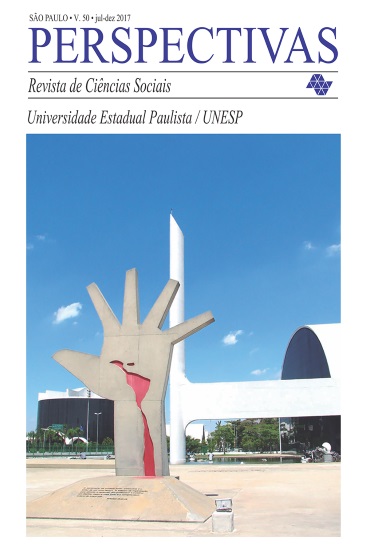Brazilian foreign policy in the governments of Lula and Dilma (2003/2014): South America
Keywords:
Brazilian Foreign Policy, South America, Regional Integration,Abstract
In the 21st century, South America gained a significant role in Brazilian foreign policy agenda as a priority, focusing on integration projects and the deepening of autonomous cooperation. Initiatives such as MERCOSUR, UNASUR and CELAC were a representation of these efforts that strongly developed between 2003-2010 during Lula´s government. However, in the period of 2011 till 2014, Dilma´s tenure led to a break in continuity and intensity in the region, even though the same rhetoric prevailed. In this context, the article presents a comparative analysis of Lula´s and Dilma´s governments in relation to their foreign policy in South America.
Downloads
Published
10/04/2019
Issue
Section
Dossiê: América do Sul em Perspectiva

